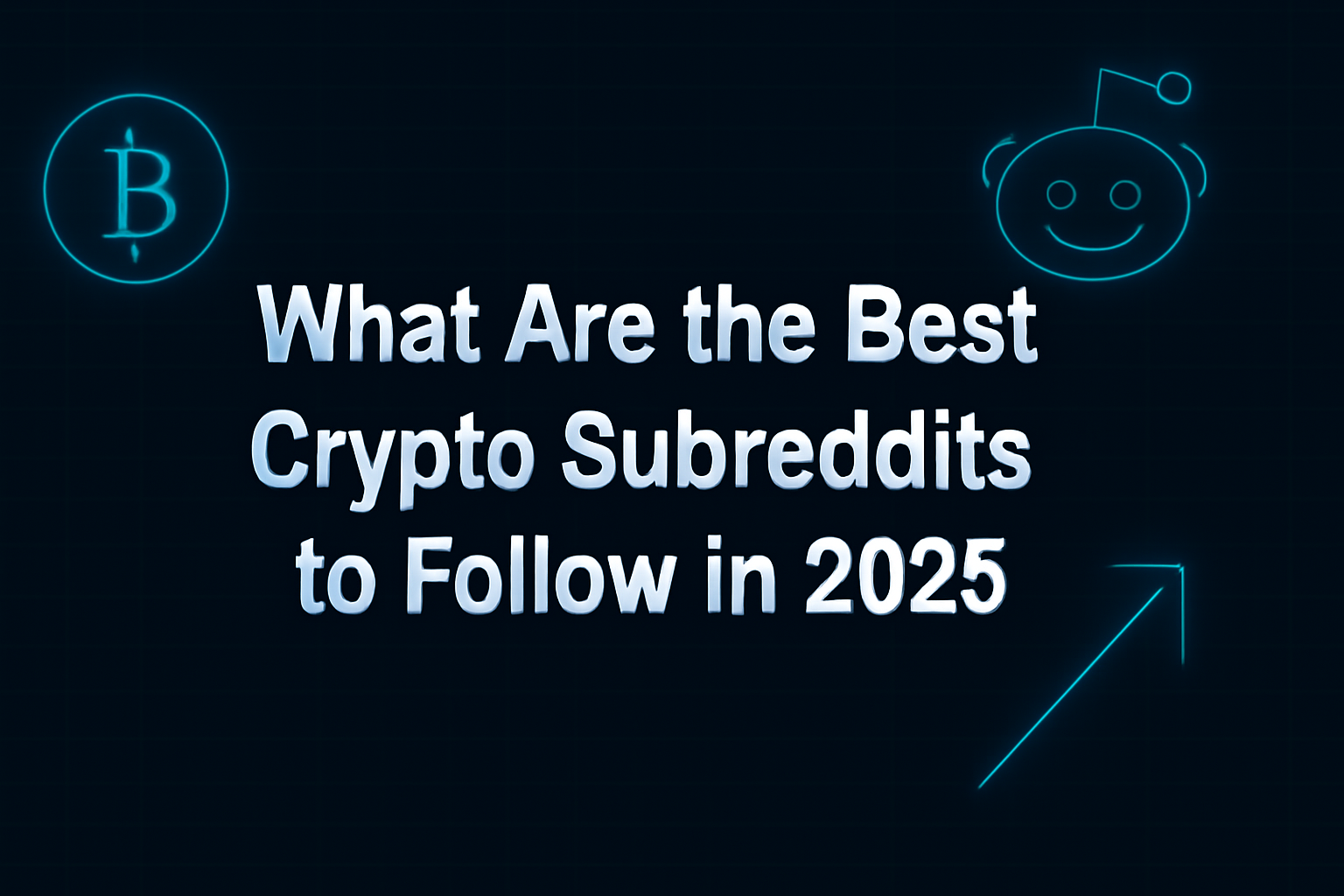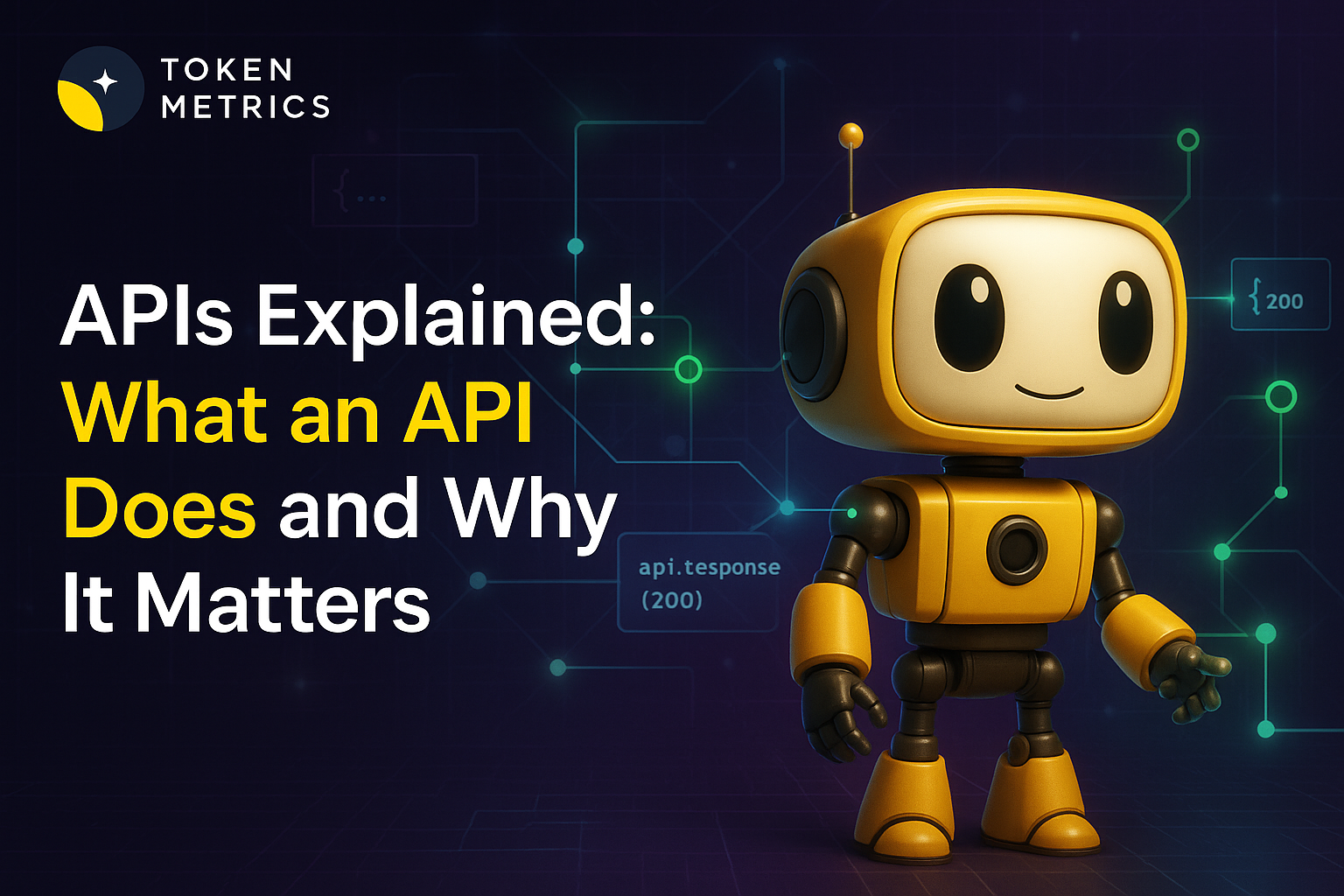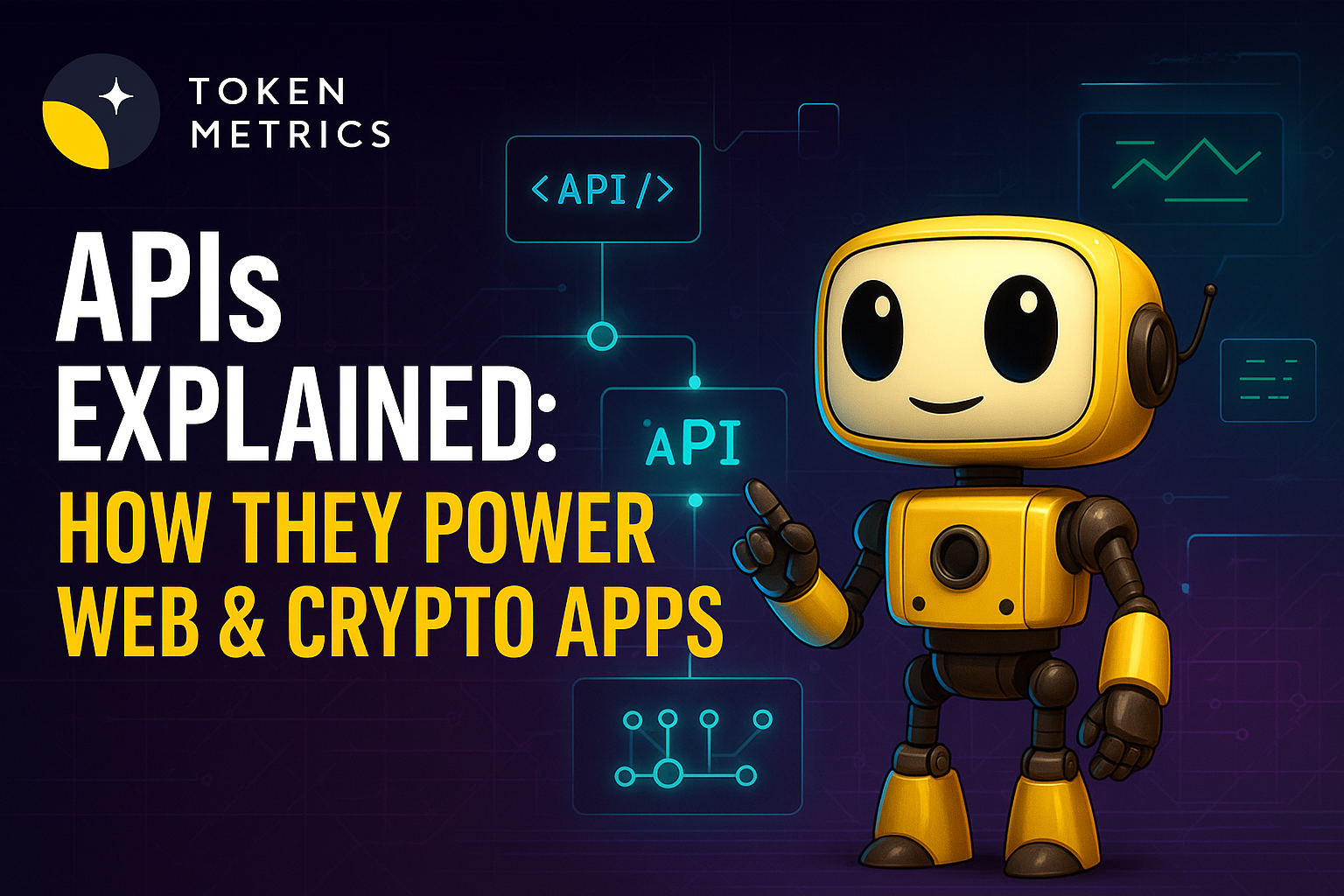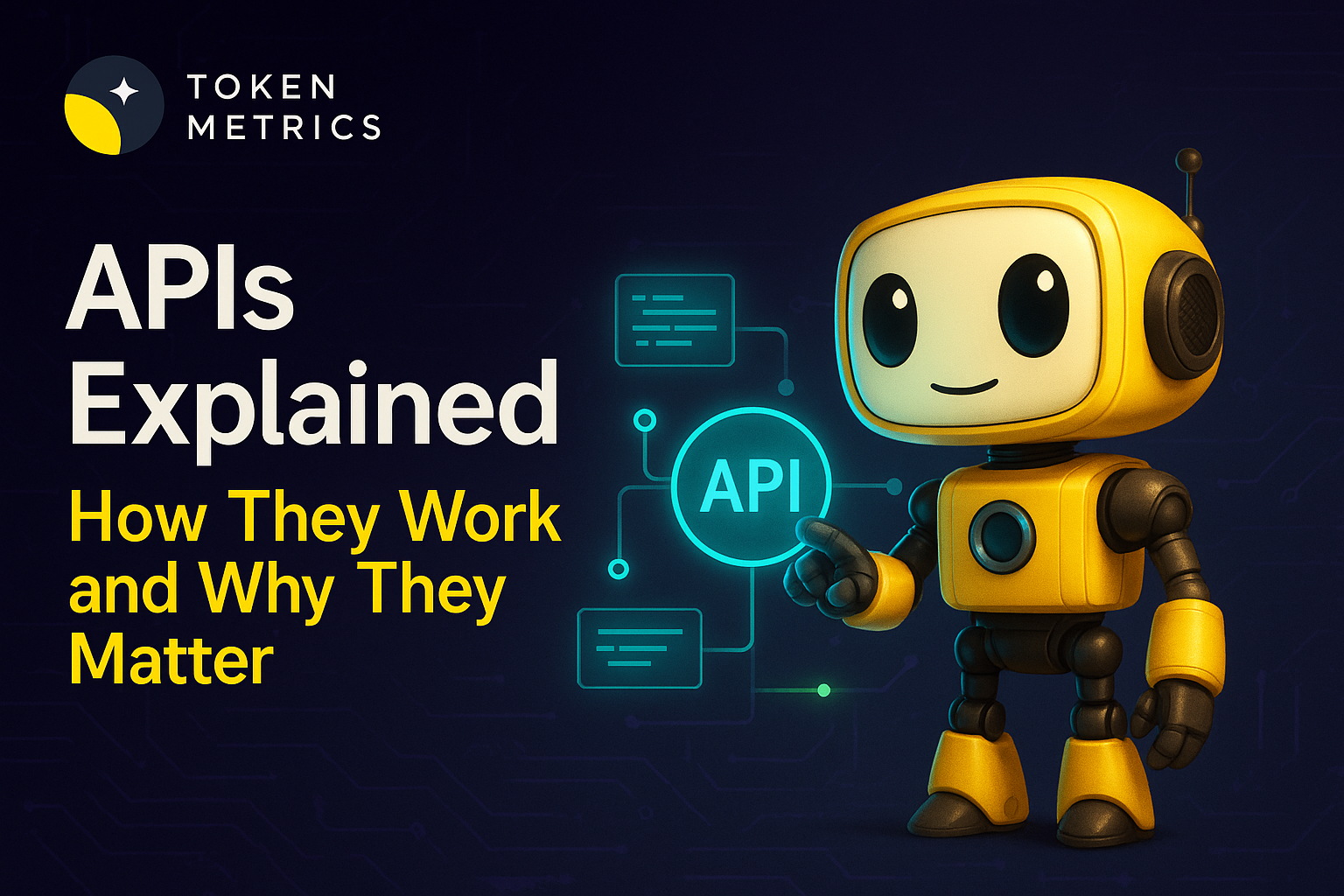What Are the Best Crypto Subreddits to Follow in 2025?

The cryptocurrency landscape evolves at lightning speed, and staying informed is crucial for anyone looking to navigate this dynamic market successfully. Reddit has emerged as one of the most valuable resources for crypto enthusiasts, offering real-time discussions, breaking news, market analysis, and community insights that you won't find anywhere else. But with thousands of crypto-related subreddits available, which ones truly deserve your attention?
Why Reddit Matters for Crypto Investors
Before diving into specific subreddits, it's worth understanding why Reddit has become such a critical platform for cryptocurrency discussions. Unlike traditional financial news sources that may take hours or days to report on developments, Reddit operates in real-time. Community members share breaking news instantly, discuss market movements as they happen, and provide diverse perspectives that help you form a well-rounded understanding of the crypto ecosystem.
Reddit's voting system also ensures that quality content rises to the top, while its comment threads allow for nuanced discussions that can challenge your assumptions and broaden your perspective. For traders and investors using advanced platforms like Token Metrics—a leading crypto trading and analytics platform that leverages AI-powered insights—combining Reddit's community intelligence with professional-grade analytics creates a powerful information advantage.
Essential General Crypto Subreddits
r/CryptoCurrency remains the undisputed heavyweight champion of crypto subreddits, boasting over 7 million members. This massive community covers everything from Bitcoin and Ethereum to emerging altcoins and DeFi projects. The subreddit features daily discussion threads, breaking news, technical analysis, and educational content suitable for both beginners and experienced traders. The community has its own governance token (Moons), which adds an interesting layer of engagement. While the sheer volume of posts can be overwhelming, the subreddit's moderation team does an excellent job filtering spam and maintaining quality standards.
r/Bitcoin serves as the original cryptocurrency subreddit and maintains a laser focus on Bitcoin-specific discussions. With millions of subscribers, it's the go-to destination for Bitcoin maximalists and anyone interested in deep dives into Bitcoin's technology, adoption, and price movements. The community tends to be more technical and philosophical, often engaging in discussions about Bitcoin's role as digital gold and its potential to transform the global financial system.
r/Ethereum caters specifically to the Ethereum ecosystem, covering smart contracts, DeFi applications, NFTs, and the ongoing development of Ethereum 2.0 and beyond. This subreddit is particularly valuable for anyone interested in understanding the technical innovations happening in the blockchain space. The community includes developers, investors, and enthusiasts who regularly share insights about upcoming upgrades, scaling solutions, and emerging applications built on Ethereum.
Trading and Investment-Focused Communities
For traders seeking actionable insights, r/CryptoMarkets provides focused discussion on trading strategies, market analysis, and price movements. The subreddit maintains a more serious tone than general crypto communities, with members sharing technical analysis, chart patterns, and trading ideas. This makes it an excellent complement to platforms like Token Metrics, which provides AI-driven trading signals, market predictions, and comprehensive analytics to help traders make data-informed decisions.
r/SatoshiStreetBets emerged as the crypto equivalent of WallStreetBets, featuring high-risk, high-reward trading discussions with a healthy dose of humor and memes. While the community can be extremely volatile and speculative, it often identifies emerging trends early. However, always approach recommendations here with extreme caution and never invest more than you can afford to lose.
DeFi and Innovation Hubs
r/DeFi has become the central hub for decentralized finance discussions, covering lending protocols, yield farming, liquidity pools, and emerging DeFi innovations. As DeFi continues to revolutionize traditional finance, this subreddit offers invaluable insights into new protocols, risk management strategies, and opportunities in the decentralized economy.
r/Altcoin focuses on alternative cryptocurrencies beyond Bitcoin and Ethereum. This community is excellent for discovering emerging projects, but it requires careful discernment as the quality of projects discussed varies significantly. Always conduct thorough research—using tools like Token Metrics' comprehensive project analysis and ratings—before investing in any altcoin mentioned on Reddit.
Educational and Technical Communities
r/CryptoTechnology strips away the price speculation and focuses purely on the technological aspects of blockchain and cryptocurrency. This subreddit is perfect for those who want to understand the underlying innovations, consensus mechanisms, and technical challenges facing the industry. The discussions here tend to be more academic and thoughtful, providing a refreshing contrast to price-focused communities.
r/BitcoinBeginners and r/CryptoCurrencyBeginners serve as welcoming entry points for newcomers. These communities maintain strict "no stupid questions" policies, encouraging beginners to ask anything without fear of ridicule. The helpful members regularly explain fundamental concepts, wallet security, and basic trading principles.
Maximizing Your Reddit Crypto Experience
To get the most value from crypto subreddits, develop a strategic approach. Start by joining multiple communities to gain diverse perspectives—avoid echo chambers that only reinforce your existing beliefs. Sort by "Hot" for trending discussions and "New" for breaking developments, but remember that "Top" posts from the past week or month can provide excellent educational value.
Always verify information from multiple sources. While Reddit communities can be incredibly insightful, they're not infallible. Cross-reference major claims with reputable news sources and, for trading decisions, consider using professional analytics platforms like Token Metrics, which combines machine learning algorithms with fundamental and technical analysis to provide objective, data-driven insights that complement community sentiment.
Be cautious about financial advice and never share your private keys or sensitive information, regardless of how helpful someone appears. Scammers frequently target crypto communities, so maintain healthy skepticism.
Integrating Reddit Insights with Professional Tools
The most successful crypto traders and investors don't rely solely on Reddit or any single information source. They integrate community insights with professional-grade analytics. Token Metrics stands out as a premier platform that helps bridge this gap, offering AI-powered trading signals, comprehensive project ratings, portfolio management tools, and market predictions that help you separate signal from noise.
By combining Reddit's real-time community intelligence with Token Metrics' sophisticated analytics, you can make more informed decisions, identify opportunities earlier, and manage risk more effectively. The platform's AI algorithms analyze thousands of data points across multiple cryptocurrencies, providing insights that would be impossible to gather manually from Reddit alone.
Conclusion
The best crypto subreddits offer invaluable real-time insights, diverse perspectives, and community knowledge that can significantly enhance your understanding of the cryptocurrency market. From the massive r/CryptoCurrency community to specialized forums like r/DeFi and r/CryptoTechnology, Reddit provides a wealth of information for every type of crypto enthusiast.
However, remember that Reddit should be one tool in your larger information ecosystem. Combine community insights with professional analytics platforms like Token Metrics, conduct thorough research, and always maintain a critical mindset. The crypto market rewards those who stay informed, think independently, and make data-driven decisions. Start exploring these subreddits today, and you'll quickly discover why Reddit has become indispensable for millions of crypto investors worldwide.
Create Your Free Token Metrics Account

.png)




%201.svg)
%201.svg)


%201.svg)










.svg)




.png)